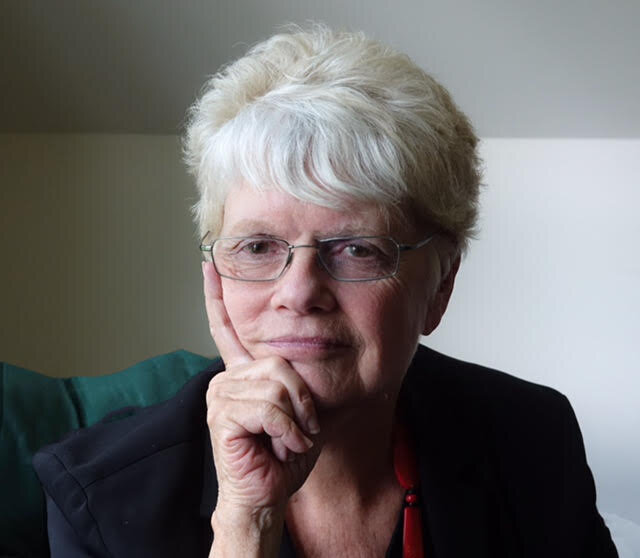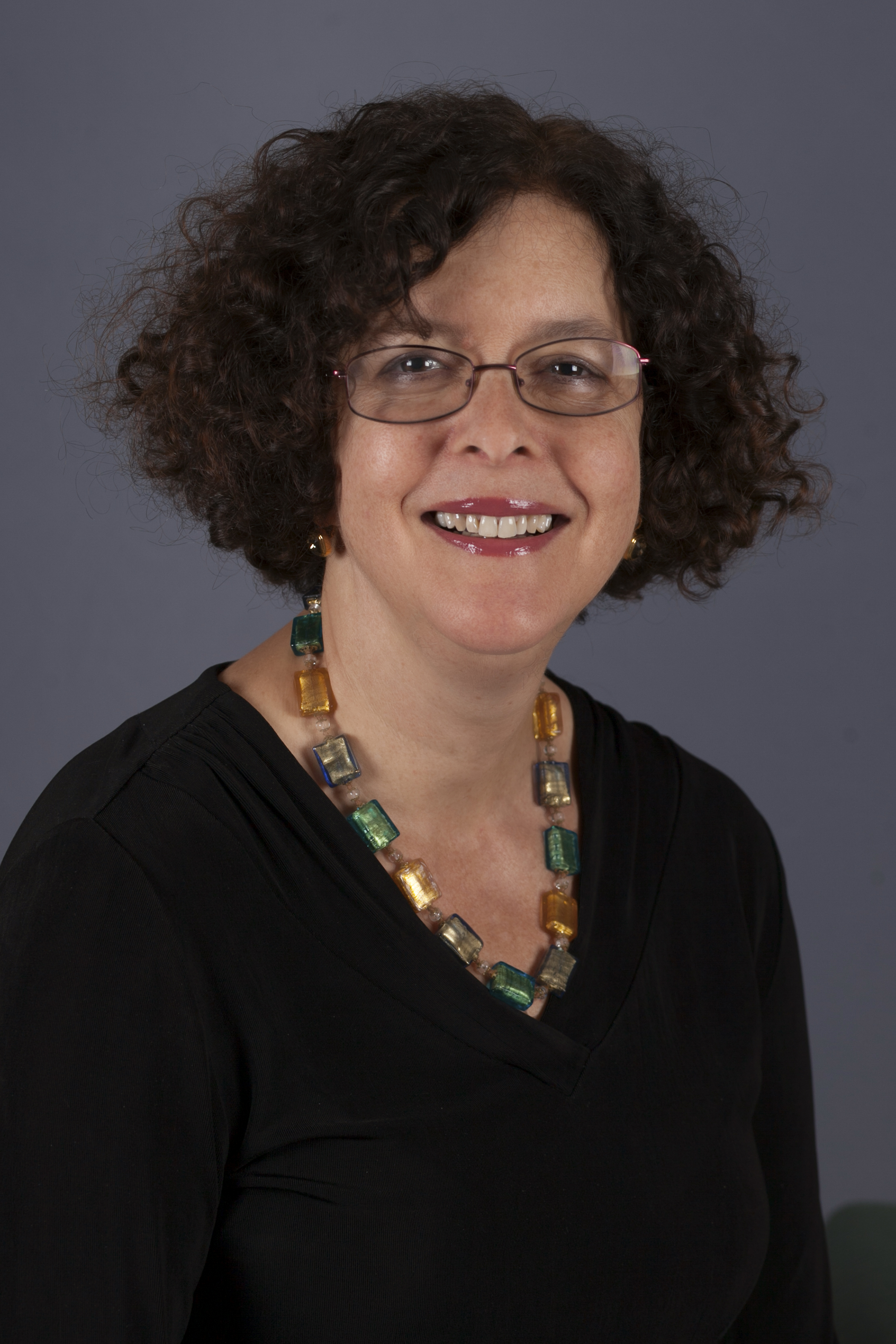What Do We Know Now & What Do We Need to Learn?
Panel with Sebern Fisher, Beth Barol, and Roseann Capanna-Hodge
Instructions
Panel with Sebern Fisher, Beth Barol, and Roseann Capanna-Hodge: What Do We Know Now & What Do We Need to Learn?
Quiz for Panel with Sebern Fisher, Beth Barol, and Roseann Capanna-Hodge: What Do We Know Now & What Do We Need to Learn?
CE Evaluation for Panel with Sebern Fisher, Beth Barol, and Roseann Capanna-Hodge: What Do We Know Now & What Do We Need to Learn? (home study)
60 Minute Lecture
The presenters for this conference are considered leaders in their field. They have presented various viewpoints that offer complimentary and differing opinions. This type of exchange is what helps to enhance learning and expands our ability to promote healing. This panel will consider the final questions of this conference; to address the challenges that lie before us as a profession; to engage attendees to participate in healing those who have experienced trauma.
 Sebern attended Smith College, Columbia University (including the Film School) and received her Bachelor of Science from the University of Massachusetts in 1976. She graduated from Antioch New England with a Masters in Counseling Psychology in 1978.Sebern was one of the founders of the Family Planning Council of Western Massachusetts (now Tapestry Health) which began with one rural clinic in 1973. She started her work there as a family planning counselor and by the time she left that organization in 1979, she was the Director of Training and Education. During her tenure, she mounted three major conferences: Men, Women and Rape in 1976 featuring Susan Brownmiller, Ann Burgess and Nicholas Groff; On Sex Education and the Family in 1977; and the third, Women on the Conditions of Women with Anne Alonzo, Marsha Linehan and Dusty Miller in 1979.
Sebern attended Smith College, Columbia University (including the Film School) and received her Bachelor of Science from the University of Massachusetts in 1976. She graduated from Antioch New England with a Masters in Counseling Psychology in 1978.Sebern was one of the founders of the Family Planning Council of Western Massachusetts (now Tapestry Health) which began with one rural clinic in 1973. She started her work there as a family planning counselor and by the time she left that organization in 1979, she was the Director of Training and Education. During her tenure, she mounted three major conferences: Men, Women and Rape in 1976 featuring Susan Brownmiller, Ann Burgess and Nicholas Groff; On Sex Education and the Family in 1977; and the third, Women on the Conditions of Women with Anne Alonzo, Marsha Linehan and Dusty Miller in 1979.
My passion for social work started in the footsteps of my father, who spent most of his career working within the Settlement House Movement in Philadelphia. I saw him do his part fighting oppression, and I set out in high school with a mission to do the same. My own engagement in this mission over the past 38+ years has been in the service of people with intellectual and developmental disability, especially those with “”challenging behaviors.”” These men, women, and children of all backgrounds are among the most oppressed and voiceless members of our society. If we can find a way to help them be heard, we will be facilitating a climate where every voice in society is heard. We need this now more than ever.
My work has taken me from being a live-in house parent to being a facility director to being the clinical director for the Pennsylvania Office of Mental Retardation Statewide Training and Technical Assistance Initiative, as well as a consultant at home and internationally. I endeavor to use these experiences in my teaching to help bridge the gap between theory and practice.
My work has taken me from being a live-in house parent to being a facility director to being the clinical director for the Pennsylvania Office of Mental Retardation Statewide Training and Technical Assistance Initiative, as well as a consultant at home and internationally. I endeavor to use these experiences in my teaching to help bridge the gap between theory and practice.

Dr. Roseann is a mental health trailblazer, founder of The Global Institute of Children’s Mental Health and Dr. Roseann & Associates, who is, “Changing the way we view and treat children’s mental health”. FORBES magazine called her, “A thought leader in children’s mental health”. Her work has helped thousands reverse the most challenging conditions, such as ADHD, anxiety, mood, autism, learning disability, Lyme, and PANS/PANDAS using PROVEN holistic therapies such as neurofeedback, biofeedback, and psychotherapy. She is the author of the first ever book on teletherapy activities for child and adolescent therapists, “Teletherapy Toolkit™” and It’s Gonna be OK!™ book and The Get Unstuck Program™, which are resources for parents to reverse their child’s symptoms. She is often featured on dozens of media outlets: Fox, CBS, NBC, FORBES, PARENTS, and New York Times.
APA approved up to 1 CE credit.
Other licenses listed below. Be sure to check with individual states that they will accept APA CEs. Each state has different regulations for CE credits. Please check above and confirm with your state board to ensure credit will be applicable to your needs. The CE sponsors and program organizers are not to be held responsible in the event that your state board will not accept credit.
This program, when attended in its entirety per program listed above, is available for up to 1 continuing education credit. Sadar Psychological (when attended live) and Dr. Roseann Cappana-Hodge, LLC (when attended via home study) are approved by the American Psychological Association to sponsor continuing education for psychologists. Sadar Psychological and Dr. Roseann Cappana-Hodge, LLC maintain responsibility for this program and its content. The continuing education credits for each workshop/course are designated in the workshop/ course descriptions.
BCIA Re-certification CEs approved.
The methods taught will augment psychotherapeutic interventions and are not known to have limitations when used in the scope and limits of one’s knowledge.
Target Audience: Counselors, Social Workers, Psychotherapists, Marriage & Family Therapists, Nurses, Psychologists, Addictions Counselors, Occupational Therapists, Case Managers, Other Mental Health Professionals.
*Licensed Professional Counselors (LPC) in 36 states: AK, AR, AZ, CA, CO, CT, DC, DE, FL (CE Broker), GA, IA, ID, IL, IN, KS, ME, MO, NC, ND, NH, NE, NJ, NM, NV, OK, OR, PA, RI, SC, SD, TN, TX, UT, VA WI WY
Marriage & Family Therapists (MFT) in 31 states*: AK, AR, AZ, CA, CO, CT, DC, DE, FL (CE Broker), IA, ID, IN, KS, ME, MO, NE, NC, NH, NJ, NM, NV, OK, OR, PA, SC, SD, TN, TX, UT, VA, WI, WY
Addictions Professionals in 26 states*: AK, AR, CO, CT, DE, GA, IA, IN, KS, LA, MO, MT, NC, ND, NE, NJ, NM, NV, NY (out of state), OK, OR, SC, UT, WA, WI, WY
This course is offered at the introductory and intermediate levels.
For live attendees:
In order to receive the live CE credit(s), you must attend the entire program, and complete the Program Assessment and Participant Satisfaction/Evaluation form. These must be submitted to [email protected]. Partial credits for any given lecture will not be given. A participant may arrive no more than 10 minutes late and/or leave more than 10 minutes early to receive live credit for a program.
For Home Study Attendees:
To receive home study credit(s), you must view the entire program, complete the program assessment and complete the Participant Satisfaction/Evaluation form at the conclusion of the program. You must also complete test questions and obtain a score of 70% or higher. Partial credit will not be given for any individual session.
There is no commercial support for this program nor are there any relationships between the presenter, program content, research, grants, or other funding that could reasonably be construed as conflicts of interest.
The views of the presenters are theirs and do not necessarily represent a position by Sadar Psychological or Dr. Roseann Cappana-Hodge & Associates. Sadar Psychological and Dr. Roseann Cappana-Hodge & Associates are committed to accessibility and non-discrimination in their continuing education activities. Sadar Psychological and Dr. Roseann Cappana-Hodge & Associates are also committed to conducting all activities in conformity with the American Psychological Association’s Ethical Principles for Psychologists.
Participants are asked to be aware of the need for privacy and confidentiality throughout the program. If program content becomes stressful, participants are encouraged to process these feelings during discussion periods. If participants have special needs, we will attempt to accommodate them in accordance with ADA requirements.
Please address questions, concerns, and any complaints to [email protected].
It is the responsibility of every attendee to abide by the standards set forth in the APA Code of Ethics for maintaining security and confidentiality of any test materials and proprietary information presented as part of this continuing education program.
Any materials used as part of this program may not be copied or otherwise distributed, and no proprietary information will be disclosed by attendees to any person not registered for this program.